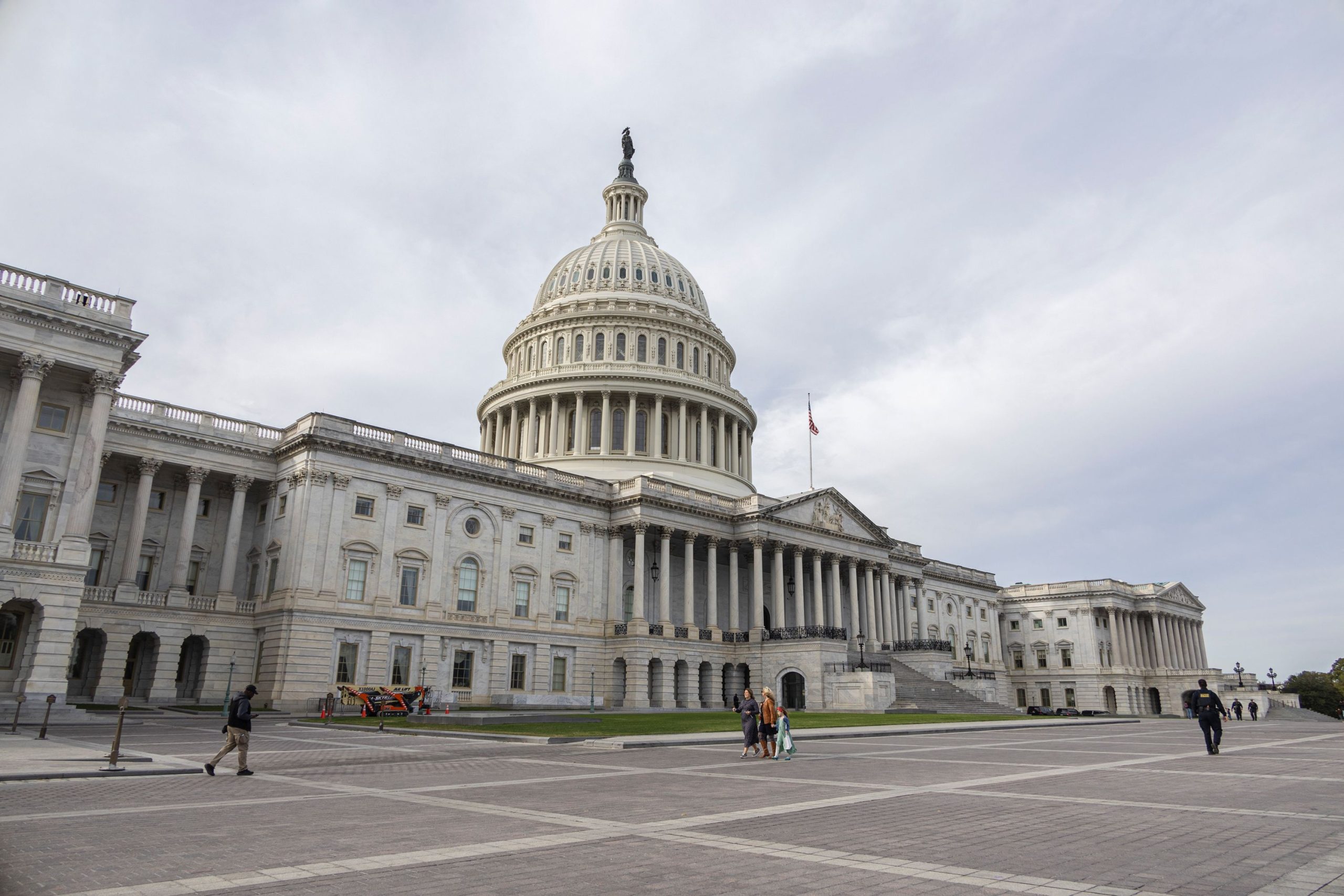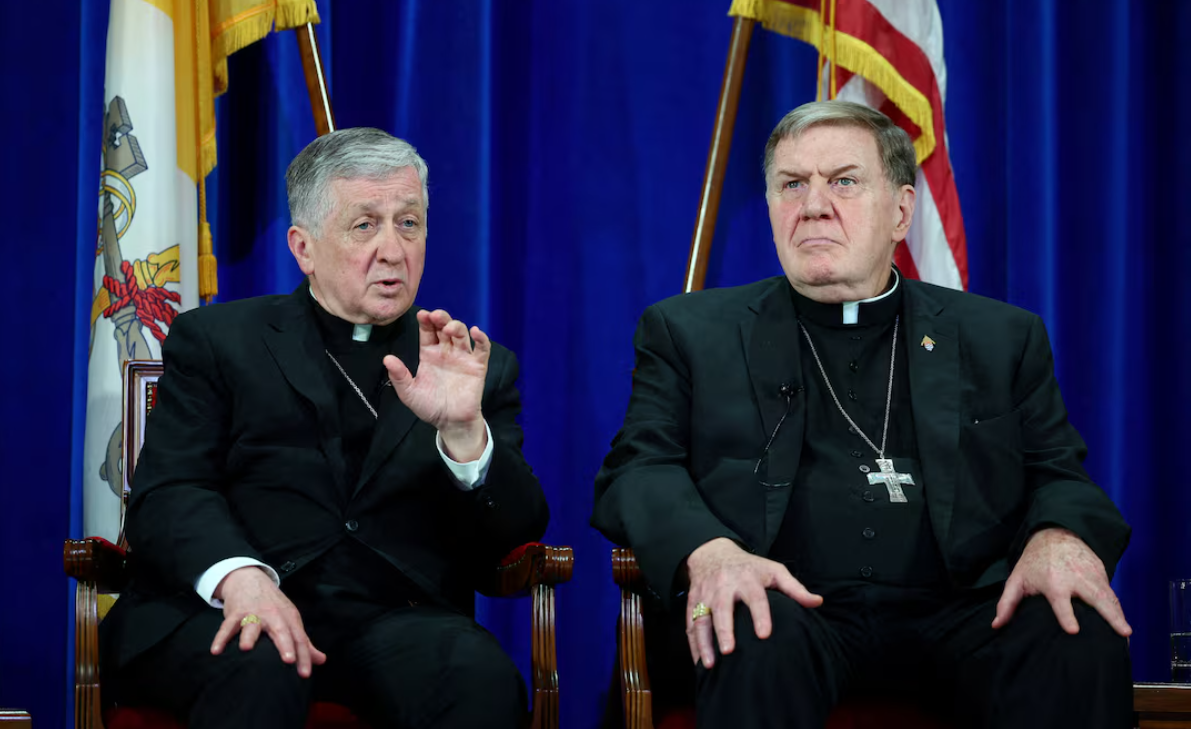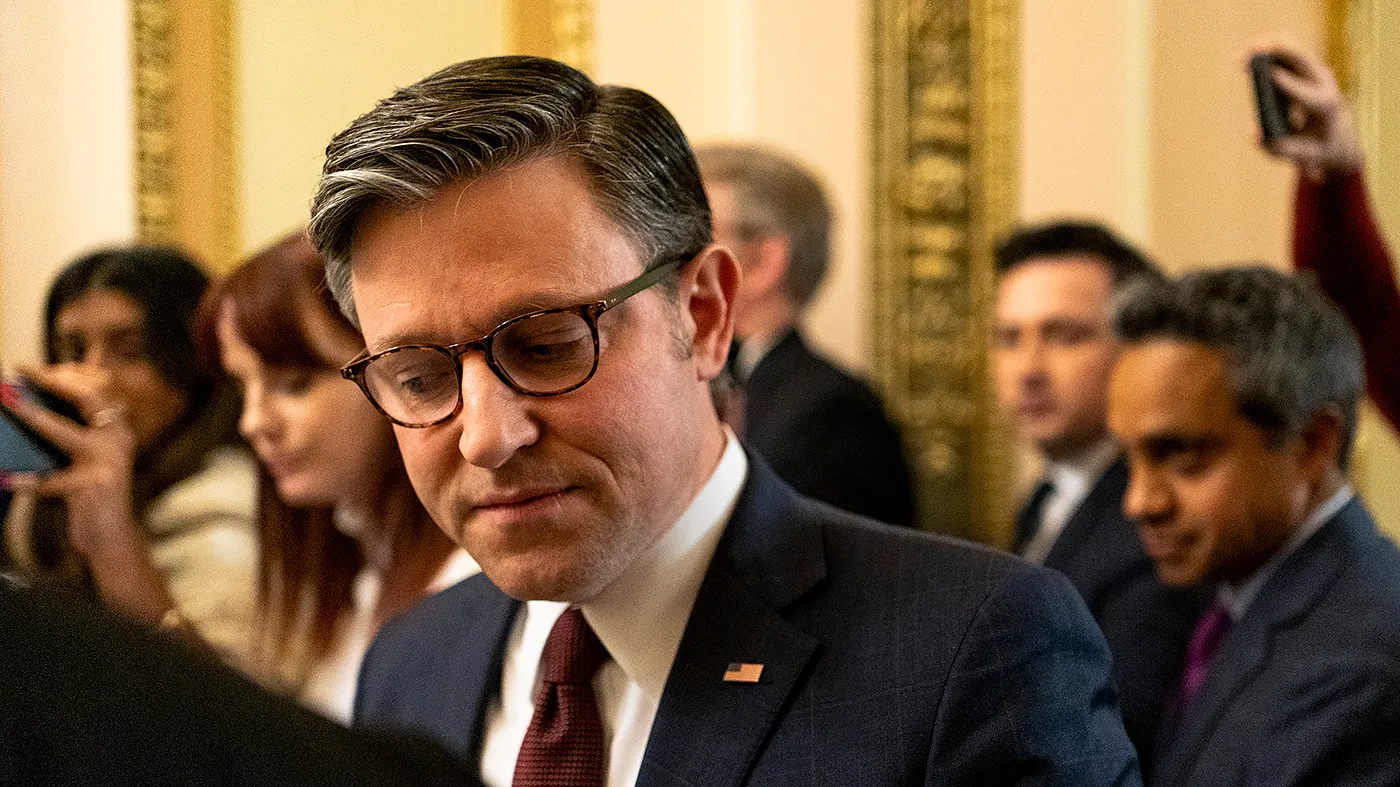Much of the federal workforce is on edge and bracing itself for the likelihood its ranks will be purged when President-elect Donald Trump takes office.
Trump, who has derided civil servants as agents of the “deep state,” promised on the campaign trail to reinstate a 2020 executive order known as Schedule F, giving him the power to commence mass firings of nonpartisan federal employees who might spoil Trump’s partisan plans.
“The objective is to create space to put loyalists in what were, what are still, career civil service positions,” former Trump appointee Ronald Sanders – who resigned over Trump’s politicization of the federal workforce – told CNN. Sanders added it is “problematic” if schedule F is being used to reinforce and maintain political loyalty.
Trump’s loyalist vision is already having a profound chilling effect on career employees, some of whom told CNN they plan to stay into the new year – but don’t know what’s next beyond that.
Are you a federal worker? CNN would like to talk to you
“I would say there is a general feeling of dread among everyone,” one Energy Department employee told CNN.
In his first term, Trump sidelined and ridiculed civil servants and service members, silenced government offices and stifled scientific research. Many workers quit; others stuck it out, hopeful that the 2020 election would bring a new boss in the White House.
Now they face another four years of Trump – a term that by his own account will be worse for the government workforce than his first.
“We are absolutely having conversations among ourselves about whether we can stomach a round two,” an employee at the Environmental Protection Agency said.
How Trump could gut the government
Trump’s purge could be the biggest change to the federal workforce since the late 1800s, returning the federal government to the “spoils system” of 1883 when victorious political parties gave government jobs to their supporters, said Max Stier, the president and CEO of Partnership for Public Service. The spoils system was replaced by the current merit-based system where career employees serve multiple administrations, carrying out their jobs independent of politics.
“What’s at stake here is the nature of our government, how it works and who it works for,” Stier told CNN.
A Trump transition team spokeswoman didn’t respond to CNN’s questions about when Schedule F might be put in place, or how many workers it could impact.
“The American people re-elected President Trump by a resounding margin giving him a mandate to implement the promises he made on the campaign trail,” Trump transition spokeswoman Karoline Leavitt said in a statement. “He will deliver.”
Mass firings likely won’t happen on day one. The Biden administration erected temporary roadblocks at the federal Office of Personnel Management – rules aimed at protecting federal workers from retaliatory mass firings.
But Biden’s rule was never codified by Congress and could easily be reversed.
Out of the more than 2 million federal employees working in the US and abroad, Schedule F could have a profound impact on the DC-Maryland-Virginia metro area, where nearly 449,000 federal workers live, according to a 2024 report. The District of Columbia itself has the largest individual chunk of federal workers in any state or territory, with more than 162,000.
But it could also be devastating to employment in states that went to Trump, where roughly 967,000 federal workers live.
In addition to Schedule F, the new administration is expected to use several other tactics to excise federal employees, such as mass transfers of senior executives and relocation of agency offices. Trump did this in his first term, moving the Bureau of Land Management headquarters from Washington, DC, to Grand Junction, Colorado – prompting 287 employees to either resign or retire. In a 2023 campaign video, Trump promised to move “as many as 100,000 government positions” out of DC.
There were calls for the Biden administration to implement regulations that would have made it more difficult for a future Trump administration to relocate agency offices as a way to shed career staff, but the US Office of Personnel Management has not acted on the proposal.
Some federal workers and their unions are also warily eying Trump’s proposal for a government efficiency commission that would be headed by billionaire Elon Musk, who has pushed for such a task force and promised it could slash $2 trillion in government spending.
Other former Trump officials have suggested entire federal offices should be slashed in addition to individuals being fired.
“If there are offices currently in operation that don’t meaningfully contribute to agency missions” under Trump, “those need to go,” said Mandy Gunasekara, the former EPA chief of staff.
Unions that represent federal employees are gearing up for the fight.
Federal workers “should be able to do their jobs without political interference, without violating their Constitutional oath, and without breaking the law,” said American Federation of Government Employees national president Everett Kelley – whose union represents more than 800,000 federal employees.
EPA employees are “concerned about what a Trump administration would do to their work,” said Joyce Howell, executive vice president of AFGE Council 238, which represents the agency. “They’re concerned about all aspects of their work life at EPA.”
EPA’s union leadership told CNN its lawyers are crafting legal challenges against Schedule F, but some experts said they may not be enough to fend off mass firings. Legal advocacy groups like the American Civil Liberties Union and Democracy Forward that fought the first Trump agenda in court have also been considering ways to set up an infrastructure that would connect lawyers to career civil servants who are targeted with unlawful tactics.
The AFGE union at EPA recently finalized a contract that includes increased protections, safeguarding the science and facts career employees use to guide their work from political interference.
“If you have a scientist being told to sanitize their data, they can report that interference,” said Marie Owens Powell, president of AFGE Council 238. “We have to react if any of our rights as civil servants are infringed upon.”
She said the message to EPA employees from the union has largely been, “Keep your head down, get your job done.”




